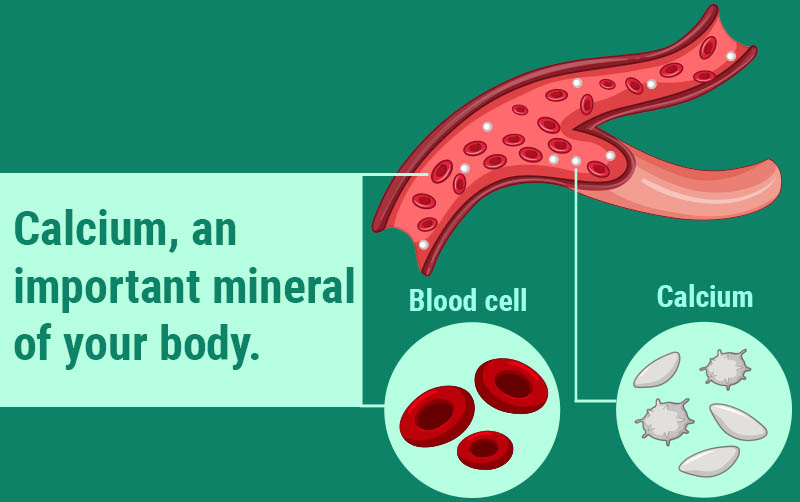CALCIUM-SERUM
A blood calcium test is ordered to screen for, diagnose, and monitor a range of conditions relating to the bones, heart, nerves, kidneys, and teeth. The test may also be ordered if a person has symptoms of a parathyroid disorder, malabsorption, or an overactive thyroid.A total calcium level is often measured as part of a routine health screening. It is included in the comprehensive metabolic panel (CMP) and the basic metabolic panel
(BMP), groups of tests that are performed together to diagnose or monitor a variety of conditions.When an abnormal total calcium result is obtained, it is viewed as an indicator of an underlying problem. To help diagnose the underlying problem, additional tests are often done to measure ionized calcium, urine calcium, phosphorus, magnesium, vitamin D, parathyroid hormone (PTH) and PTH-related peptide (PTHrP). PTH and vitamin D are responsible for maintaining calcium concentrations in the blood within a narrow range of values.If the calcium is abnormal, measuring calcium and PTH together can help determine whether the parathyroid glands are functioning normally. Measuring urine calcium can help determine whether the kidneys are excreting the proper amount of calcium, and testing for vitamin D, phosphorus, and/or magnesium can help
determine whether other deficiencies or excesses exist. Frequently, the balance among these different substances (and the changes in them) is just as important as the concentrations.



